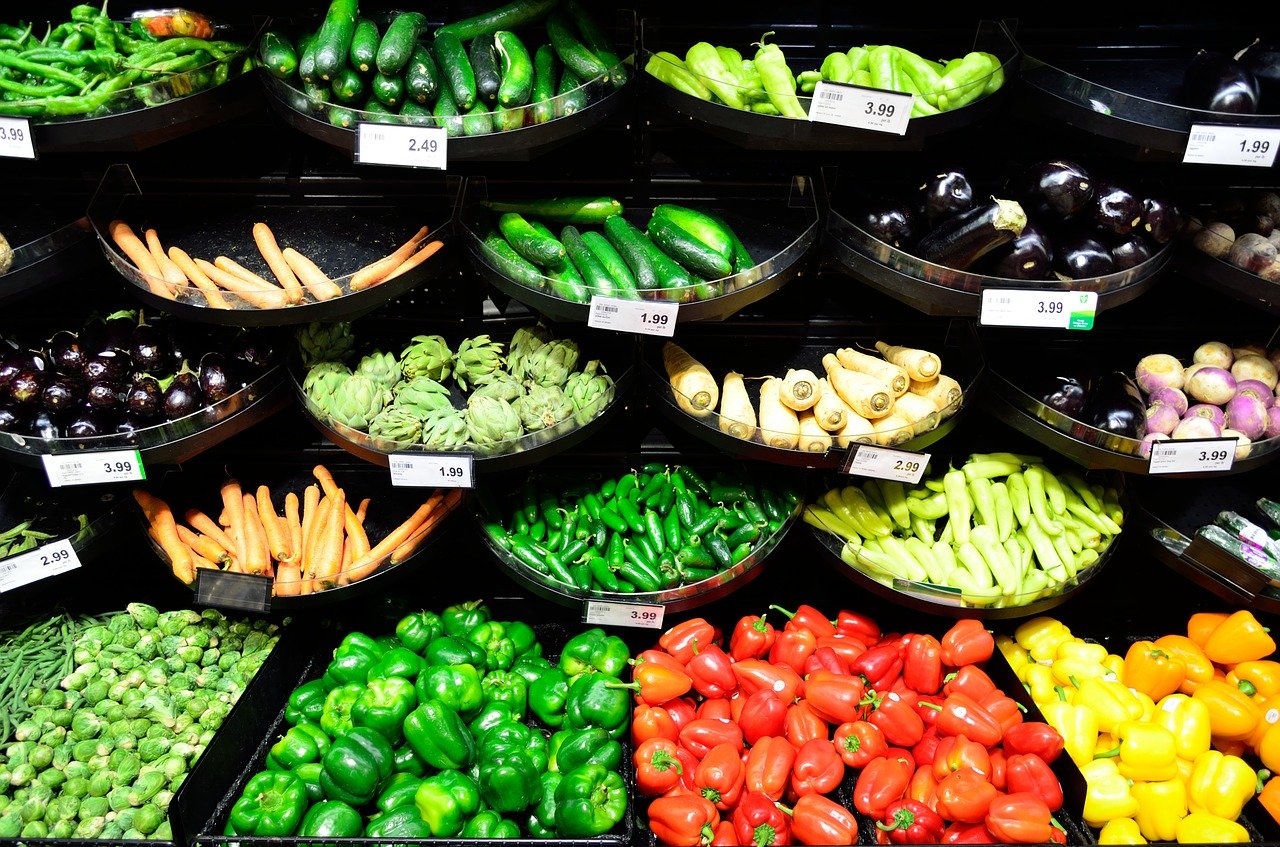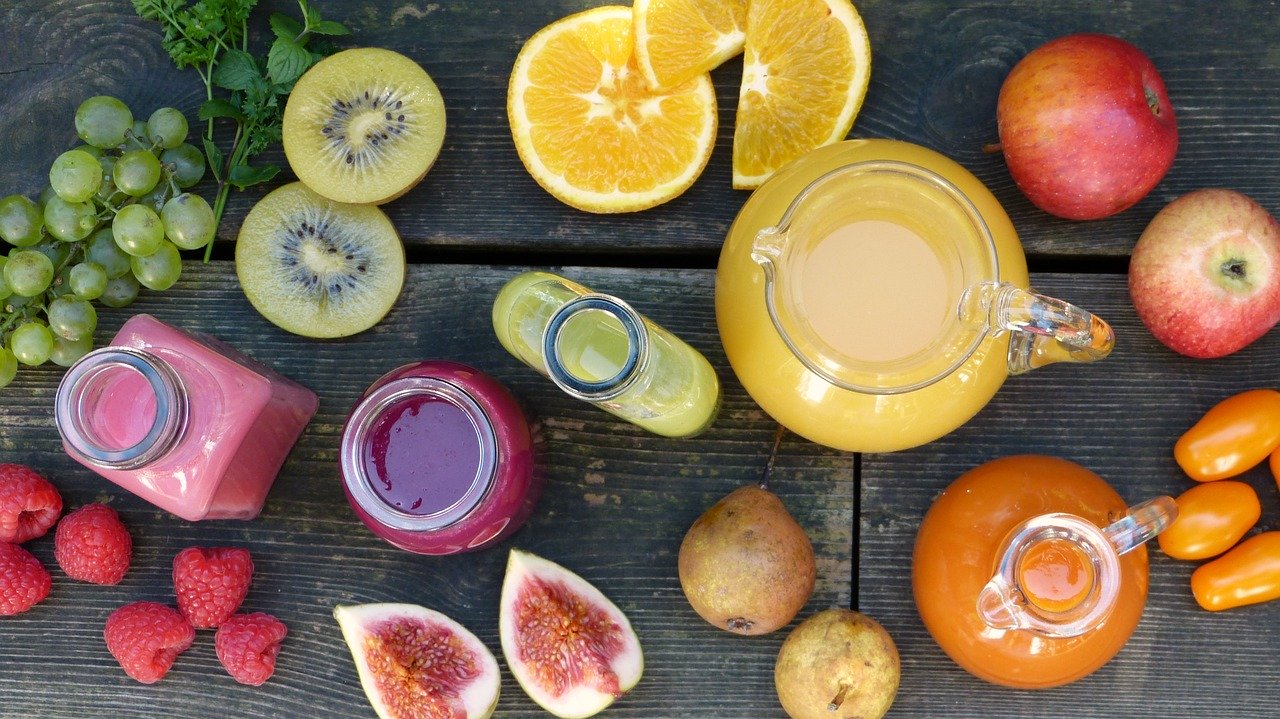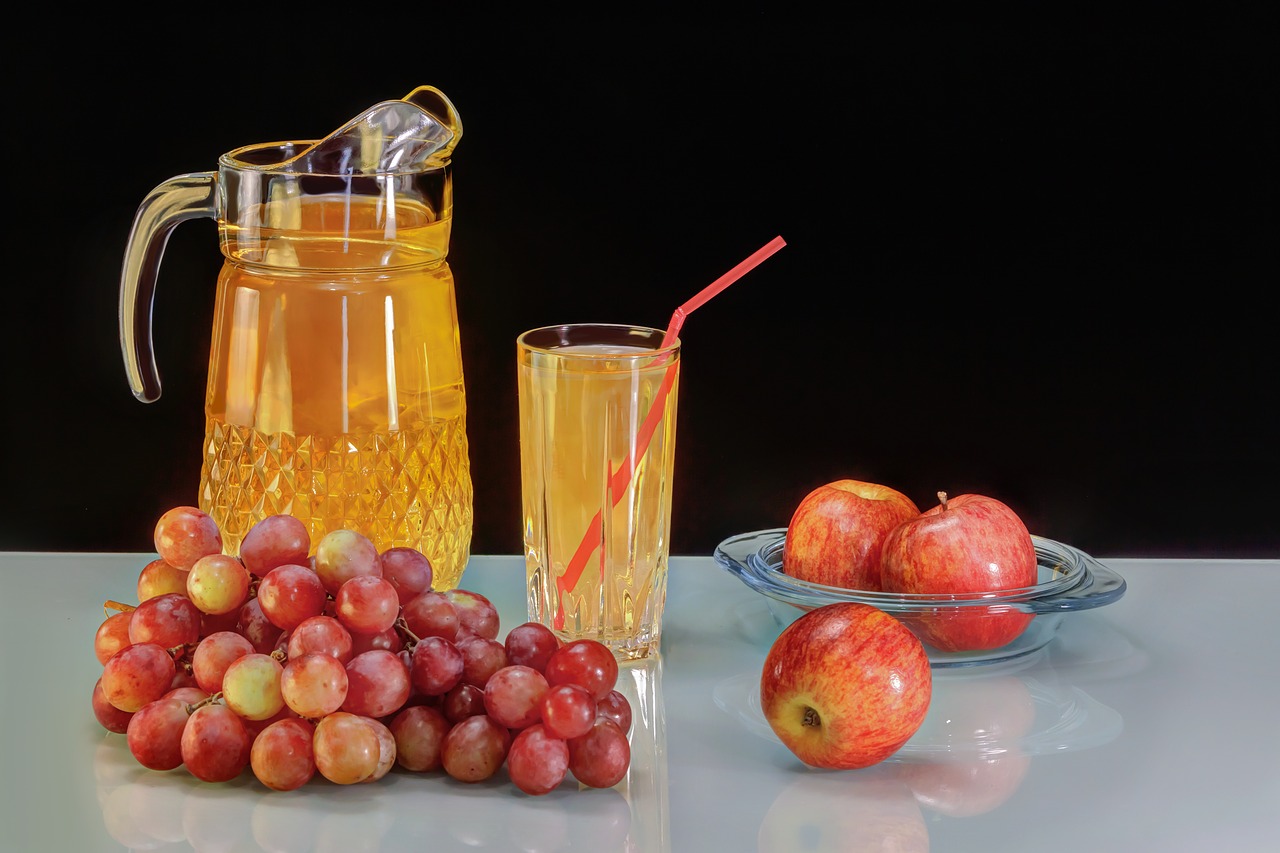In July 2018 researchers from Czech Republic and Slovakia published their review on how wine consumption influences the function of human organs, prevents diseases and reduces damage to the cardiovascular … Read more
Families with young children should be encouraged to increase water intake whilst reducing the intake of sugar-sweetened beverages and limiting 100% fruit juices to the recommended 4-6oz per day
In January 2019 researchers from the USA published the results of their study to assess the association between beverage intake and body weight in preschool-age children. Information on beverage intake … Read more
Food additives are one of the factors in ultra-processed foods causing concern, for whilst some food additives can be beneficial for human health, others may alter the composition of the gut microbiota and lead to inflammation, which in turn may lead to different forms of inflammatory disease
In October 2019 researchers from Qatar published their review of the association between a Western diet and chronic diseases. A Western diet is characterised by a high intake of energy-dense … Read more
Restricting animal products while increasing healthy plant-based foods reduces the risk of diabetes type 2
In December 2019 researchers from Spain published their review on the association between dietary habits and the risk of developing diabetes type 2. Results showed that animal protein intake increases … Read more
A diet high in carbohydrates increases the risk of diabetes type 2, the metabolic syndrome and cardiovascular disease
In November 2018 researchers from India published their review of the evidence that links dietary carbohydrates to the incidence of diabetes type 2 and the metabolic syndrome together with their … Read more
Carbonated drinks and packaged fruit juices cause dental enamel erosion
In December 2018 researchers from India and Saudi Arabia published their study to assess the erosive potential of twenty beverages on teeth. A total of 8 carbonated drinks and 12 … Read more
Iodine fortification of foods other than salt to prevent iodine deficiency disorders is uncertain although iodine levels are seen to significantly increase
In February 2019 researchers from Australia published their review of the medical scientific literature to assess the effect of fortifying foods, beverages, condiments, or seasonings with iodine alone or in … Read more
An inadequate consumption of vegetables and the consumption of soft drinks, processed juices, fried foods, and sweets appear to increase the risk of breast cancer
In January 2019 researchers from Iran published the results of their study to assess the relationship between dietary patterns and the risk of breast cancer in women aged under 50 … Read more
Potassium, magnesium, iron, manganese, as well as flavonoids and hydroxycinnamic acids are the most important micronutrients and biologically active substances found in grape juice
In December 2018 researchers from the Russian Federation published the results of their analysis to assess the nutrient profile of grape juice. Grape juice is not highly acidic and contains … Read more
The Early Nutrition Project have published updated recommendations for optimized nutrition before and during pregnancy, during breastfeeding, infancy and toddlerhood which should contribute to the prevention of obesity and associated non-communicable diseases
In February 2019 researchers from Germany, UK, Poland, The Netherlands and Australia who were part of the The Early Nutrition Project published their review of the medical scientific literature and … Read more
Researcher calls for educational and counselling programmes to be initiated to inform consumers, especially children and adolescents, about the dangers of a high caffeine intake
In January 2019 researchers from the USA published their review of the medical scientific literature on caffeine intake in children and adolescents. Caffeine is the most widely consumed stimulant in … Read more
A Western diet reduces the diversity and composition of the gut bacteria
In May 2019 researchers from France published the results of their study to assess the association between diet and composition of gut microbiota (microbiota includes bacteria, fungi and viruses). A … Read more
Call for action on the consumption of sugar-sweetened beverages: Position Paper on behalf of the European Academy of Paediatrics and the European Childhood Obesity Group
In April 2019 researchers from Poland, Belgium, Austria, Italy, Germany, France, Israel and Cyprus published a Position Paper on behalf of the European Academy of Paediatrics and the European Childhood … Read more
Governments should adopt policies to limit the intake of free sugars of up to 5% energy intake for children and adolescents aged between 2-18 years and even lower for infants and toddlers under 2 years
In December 2017 researchers from Slovenia, Switzerland, Czech Republic, Spain, Sweden, UK, Croatia, The Netherlands, Italy, France, USA, Germany, and Denmark on behalf of the European Society for Paediatric Gastroenterology, … Read more
Anthocyanin rich fruit juice appears to improve cholesterol levels as well as producing a significant reduction in body fat
In May 2019 researchers from Germany, Austria and Spain published the results of their study to assess the effect of anthocyanin-rich fruit juice in healthy individuals. Oxidative stress has been … Read more
Beetroot juice appears to enhance the reduction of the systolic blood pressure level for up to 6 hours following a moderate-intensity aerobic exercise in obese individuals
In February 2019 researchers from Brazil published the results of their study to assess the effect of beetroot juice on post-exercise blood pressure levels in obese individuals. Fourteen individuals with … Read more
No evidence has been found that diet plays a role in the development of aortic valve stenosis
In November 2018 researchers from Sweden published the results of their study to assess the association of two dietary patterns, a modified Dietary Approaches to Stop Hypertension (DASH) diet and … Read more
A high consumption of soft drinks is associated with a low water intake in children
In May 2017 researchers from The Netherlands published the results of their study to assess the association between fruit juice and soft drinks consumption and water consumption by children as … Read more
A higher consumption of carbonated sugar-sweetened beverages appears to increase the risk of hypertension
In June 2017 researchers from Korea published the results of their study to assess the association between consumption of carbonated sugar-sweetened beverages and hypertension. A total of 9,869 subjects (3,845 … Read more
A high intake of whole grains, vegetables, fruit and dairy products reduces the risk of colorectal cancer, whilst red meat and processed meat increase the risk
In May 2017 researchers from Germany, Austria and Belgium published their review of the medical scientific literature to assess the relationship between the consumption of 12 major food groups and … Read more




















